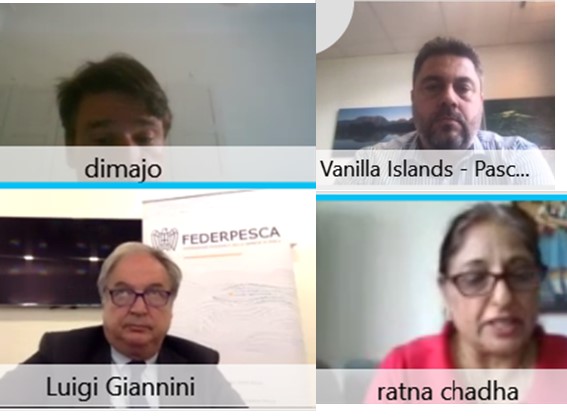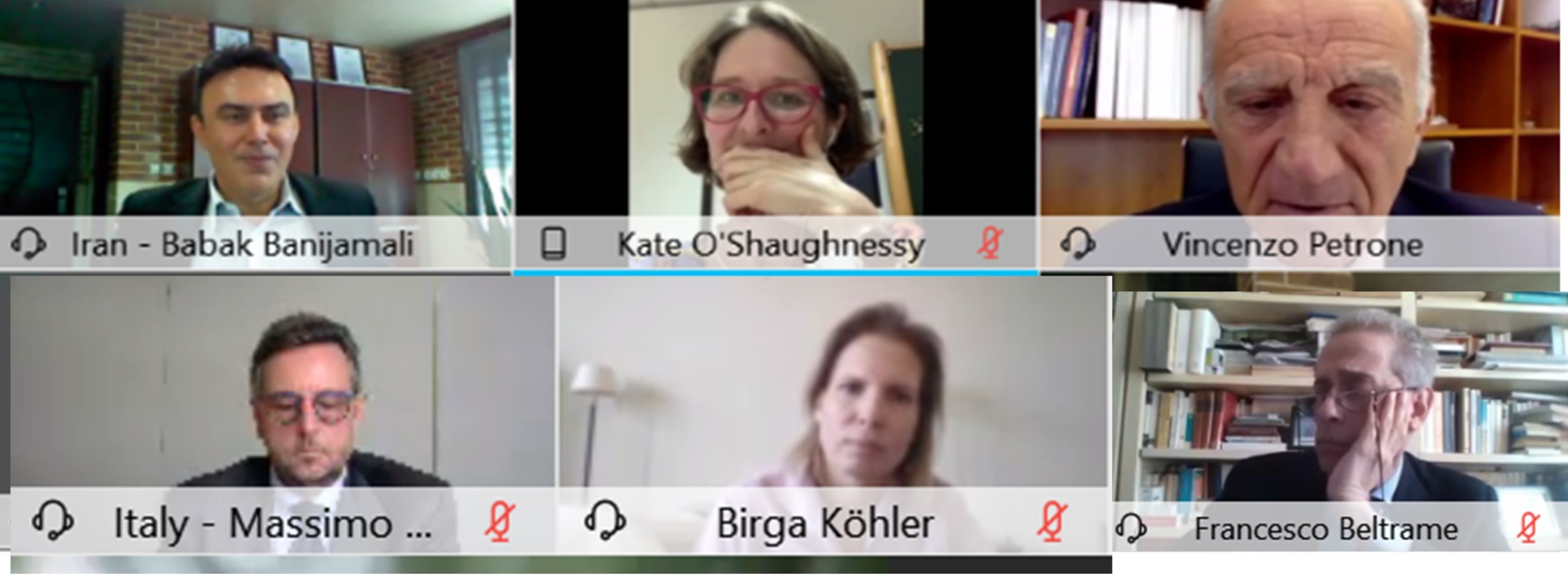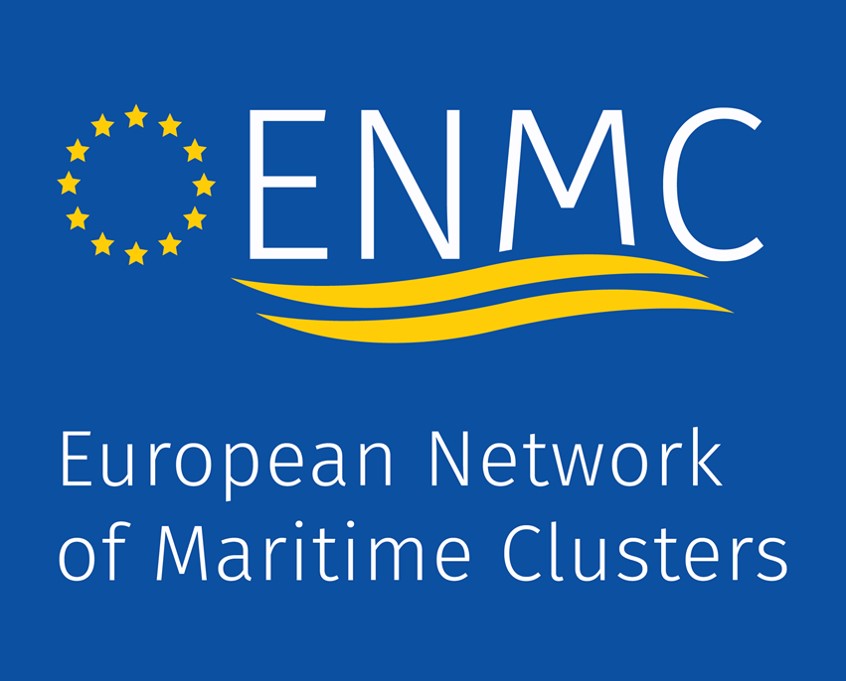
Il 22 ottobre, si è tenuto l’Annual General Meeting dell’European Network of Maritime Clusters (ENMC), presieduto da Arjen Uytendaal e coordinato da Marjolein van Noort, Segretario generale di ENMC, in videoconferenza con tutti membri dell’organizzazione in linea con le esigenze di sicurezza dettate dall’attuale situazione sanitaria.
Nel corso dell’incontro sono state trattate le problematiche che il settore marittimo europeo sta affrontando guardando alle opportunità nei diversi mercati che potrebbero presentarsi nei prossimi due anni con particolare attenzione alla digitalizzazione e all’economia circolare.
In rappresentanza della Commissione Europea è intervenuto Christos Economou, direttore Maritime Policy and Blue Economy della DG MARE, che ha ribadito l’intenzione di coinvolgere ENMC nel dialogo con le parti interessate connesso allo sviluppo della strategia per l’economia blu. Verranno organizzati incontri. anche sul fondo Blue Invest e sui finanziamenti europei e, a tal fine è stata ribadita l’importanza di fornire i dati statistici del cluster.
Sono stati poi presi in esame i principali temi del settore marittimo a cominciare dall’esigenza di ridurre significativamente le emissioni di Co2 dei trasporti marittimi al fine di rafforzare il trasferimento modale dalla strada al mare, così come i cambi di equipaggio che rimangono ancora molto problematici.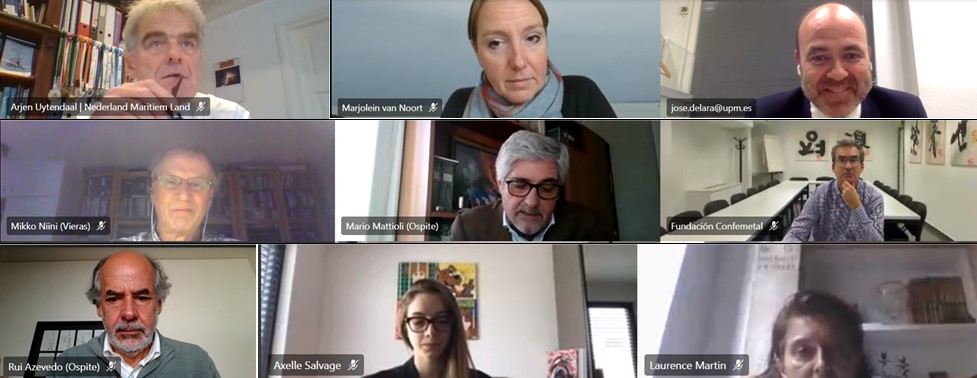
Mario Mattioli, Presidente della Federazione del mare, è intervenuto in rappresentanza del cluster marittimo italiano evidenziando che prima della pandemia si è registrata una crescita importante del settore, testimoniata dai dati del VI Rapporto sull’Economia del Mare da cui emerge che in Italia l’economia del mare, con una produzione pari a circa 34 miliardi di euro, rappresenta il 2% del PIL nazionale e dà lavoro a circa 300.000 addetti, direttamente e nell’indotto.
Certamente la pandemia ha creato molti problemi nel settore anche se in tutti i comparti vi è stata una risposta forte a dimostrazione del fatto che quello marittimo-portuale è un settore fondamentale per l’economia del Paese e per la vita quotidiana dei cittadini.
Nonostante le grandi difficoltà soprattutto registrate nel settore passeggeri vi sono timidi segnali di ripresa, sia per le crociere, che per i traghetti, mentre i cantieri hanno potuto proseguire nella loro attività. Particolare il caso della nautica italiana che, unica in Europa, è riuscita ad organizzare il Salone Nautico di Genova che, nel rispetto delle norme di sicurezza, ha avuto un grande successo.
Laurence Martin, Segretario generale della Federazione del Mare, ha ricordato il progetto “Future-proof skills for the maritime transport sector” finanziato dalla Commissione europea e gestito da un consorzio che raggruppa 27 partners UE di 16 Stati membri, tra i quali per l’Italia, il Polo Nazionale per la formazione di figure professionali legate al cluster marittimo- ForMare, che mira a sviluppare strategie per identificare e soddisfare i futuri fabbisogni di competenze del settore marittimo e attirare un numero maggiore di europei a lavorare nelle industrie marittime.

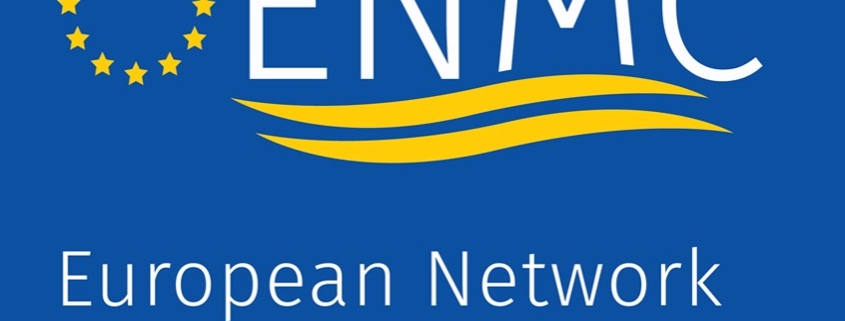
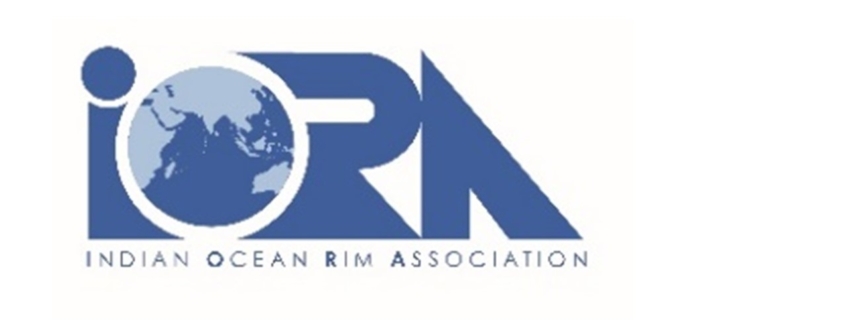
 Il 21 ottobre 2020, nell’ambito dell’XI Festival della Diplomazia a cura di Diplomacy, si è tenuto il webinar “Developing Sustainable Cruise Tourism” promosso dal Ministero degli Affari esteri e della Cooperazione Internazionale in collaborazione con Indian Ocean Rim Association (IORA) con l’obiettivo di rafforzare la cooperazione IORA-Italia nel campo del turismo crocieristico sostenibile.
Il 21 ottobre 2020, nell’ambito dell’XI Festival della Diplomazia a cura di Diplomacy, si è tenuto il webinar “Developing Sustainable Cruise Tourism” promosso dal Ministero degli Affari esteri e della Cooperazione Internazionale in collaborazione con Indian Ocean Rim Association (IORA) con l’obiettivo di rafforzare la cooperazione IORA-Italia nel campo del turismo crocieristico sostenibile.